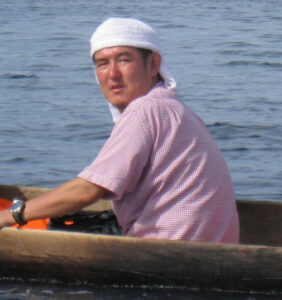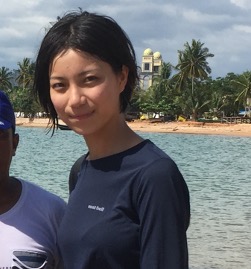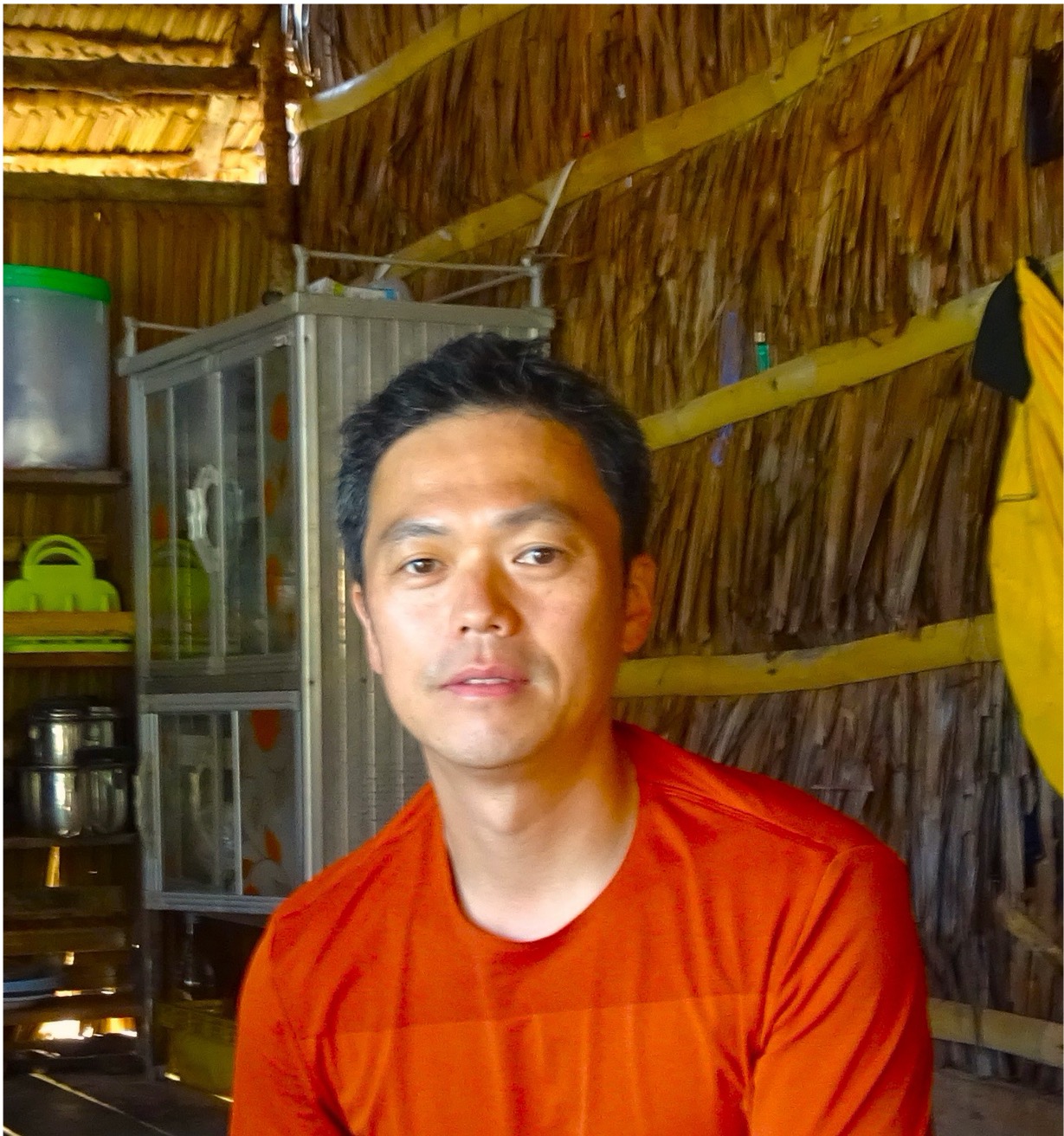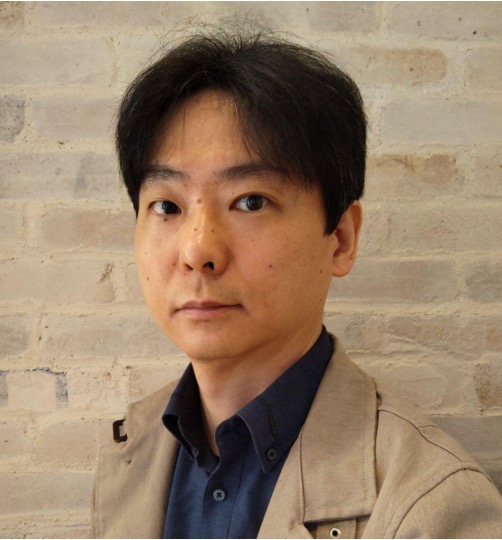-

-
Members
- HOME
- Members
Members List (ABC order)
Representative

NAGATSU Kazufumi(Professor at the School of Sociology at Toyo University)
He received his Ph.D. in Area Studies from Kyoto University. He is a scholar of Southeast Asian Studies specializing in the social dynamics of the sea peoples. His principal works include Living on the Border: An Historical Ethnography of the Sama Dilaut in Sabah, Malaysia (Mokuseisha, 2019 [in Japanese]), Maritime Diaspora and Creolization: A Genealogy of the Sama-Bajau in Insular Southeast Asia (Simplified and revised version), in Sea Nomads of Southeast Asia: From the Past to the Present, edited by Bellina, Bérénice and Roger Blench (National University of Singapore Press (NUS Press, 2021), Global Studies from People’s Perspectives: In Search of Philosophy and Practice of Co-existence (Co-editor, Sophia University Press, 2016 [in Japanese]) and A Social History of Development: Dynamics of Gender, Minority and Periphery in Southeast Asia (Co-editor, Fukyosha, 2010 [in Japanese]). His current research concerns the ethnogenesis, ethnic symbiosis and art of not being governed observed among the “sea people,” the Sama-Bajau in particular, in Insular Southeast Asia. He is also interested in the socio-historical entanglement of Japan, Asia, and beyond over tuna as a global commodity. Since 1995, he has conducted fieldwork in more than fifty Bajau villages in southern Philippines, Sabah, Malaysia, and eastern Indonesia. For the last ten years, he has also conducted fieldwork in Kesennuma, Miyagi in Japan.
Core researchers in Toyo University

TADOKORO Kiyoshi(Professor at the School of Sociology at Toyo University)
TADOKORO Kiyoshi is a professor at the Faculty of Sociology at Toyo University. He specializes in Oceanic Studies and Cultural Anthropology. He received his Ph.D. degree in Social Anthropology from Tokyo Metropolitan University. His main publications include “The Structure of Order: Social Anthropology of Human Relations among the New Guinea Mountain Peoples,” (University of Tokyo Press, 2014).
He is interested in how local communities are changed by population mobility and the influence of external and international values and state policies. So far, he has conducted field research primarily in the New Guinea Highlands. Based on this research, he has studied how community relationships and indigenous ritual practices have been affected by rapid modernization, and how the function of a community has changed as a result.
He is currently conducting two studies. Firstly, a social anthropological study examining the impact of natural resource development, particularly energy and mineral resources, on local communities. Secondly, a medical anthropological study focusing on the relationship between localized health services and traditional medicine.

NAKANO Makibi(Research Fellow at NIHU Center for Innovative Research, Research Associate at Asian Cultures Research Institute at Toyo University)
She received her Ph.D. in Area Studies from Graduate School of Asian and African Area Studies, Kyoto University. She is a scholar of Southeast Asian Area Studies specializing in the ecological cognition of maritime people. Her principal works include “Outer Sea Fishing and Spatial Cognition of the Sama-Bajau People in the Banggai Islands, Indonesia” (in Asian and African Area Studies, 19(2):184-206, 2019), “The Ecological Cognition of Sama-Bajau People in the Banggai Islands, Indonesia: Indigenous Classification of Fish, Fishing Grounds, and Landmarks of Outer Sea Fishing”(in Japanese Journal of Southeast Asian Studies, 58(2):164-203、2021)、”Astronomical Knowledge in Squid Fishing on Sado Island in Japan” (in The Journal of Kokugakuin University, 122(7):23-41, 2021), “A Study of Classifications of the Seasons by Sama-Bajau Fishermen: From Four Cases in the Banggai Islands, Indonesia”(in Research Papers of the Anthropological Institute, 11:46-61), and more.
She have conducted research on the spatial and temporal perceptions, folk classifications and taxonomy, and fishing knowledge/technology of the Sama-Bajau fishermen. In particular, She has focused spatial cognition in shallow- to open-sea fishing, and environmental cognition in nomenclature and folk classifications of fish, fishing grounds, and landmarks. Since the Banggai Islands in Indonesia, her main research area, is an earthquake-stricken area, She has also conducted research on maritime ethnic responses to natural disasters (earthquakes and tsunamis), mobility, and landscape history.
Core Researchers in other institutions
OTA Atsushi (Keio University)
SHIMAGAMI Motoko (Ehime University)

SUZUKI Yuki(Associate Professor at Faculty of Political Science and Economics at Kokushikan University)
He received his Ph.D. in Area Studies from Sophia University. He is a cultural anthropologist specializing in the study of seafaring ethnic people in Southeast Asia.
His principal works include “Sea Gypsies” in Transition: An Ethnography of the Moken before and after the 2004 Indian Ocean Tsunami (Mekon, 2016 [in Japanese]), People on moving: Thinking from a Diversity Perspective (Coauthor, Kouyou Shobou, 2019 [in Japanese]), and Global Studies from People’s Perspectives: In Search of Philosophy and Practice of Co-existence (Coauthor, Sophia University Press, 2016 [in Japanese])
He has conducted fieldwork on the islands and coasts of the Andaman Sea in southern Thailand. Three different language/ethnic groups, Moken, Moklen, and Urak Lawoi, live in this area, and his study has focused mainly on the Moken. He has been interested in the fishing practices of the Moken (mainly changes in diving fishing). In recent years, he has continued his research on how the Moken engage in tourism after the Covid-19 pandemic, and on the indigenous movement by the above three groups.
TAKEKAWA Daisuke (The University of Kitakyushu)

TSUDA Koji (The University of Tokyo)
TSUDA Koji is a professor at the Graduate School of Arts and Sciences at The University of Tokyo. He specializes in cultural anthropology, Southeast Asian area studies, and Chinese Overseas studies. He received his Ph.D. from the University of Tokyo. His main publications include Chinese Society in Java under Japanese Military Rule: Control and Mobilization as Reflected in the Kung Yung Pao (Fukyosha, 2023 [in Japanese]), Nation and Heroes: The Dynamism of Modern Indonesian Society (Mokuseisha, 2017, co-edited [in Japanese]), Describing “Something Chinese”: Anthropological Analysis based on an Action-Centered Approach (Fukyosha, 2016, co-edited [in Japanese]), and The Ethnography of “Chineseness”: Fieldwork in a Local Town in Indonesia in the Era of Changing Order (Sekaishisosha, 2011 [in Japanese]).
He has conducted ethnographic research focusing on ethnic Chinese communities on the archipelago of Southeast Asia, especially in Indonesia. In the early stage of his research, he has made micro-observations of how people experience, recognize, and assert “Chineseness” in their daily lives in the context of a small provincial town on the north coast of Java, as Indonesia underwent a major regime change. His subsequent interests include the dynamics of “Chinese Religion (Agama Tionghoa)” in modern Indonesia, and the issue of historiography on the ethnic Chinese in Indonesia. Recently, he has been working on reconstructing the historical experiences of ethnic Chinese under the Japanese military rule by using newspaper documents.
Research collaborator
HATAKEYAMA Makoto (NPO Mori wa Umi no Koibito)
KAWANO Yoshiharu (National Institute of Technology, Yuge College)
KITAHARA Takuya (Toyo University)
NAKAMURA Shohei (Toyo University)
NISHIKAWA Kei (Ishinomaki Senshu University)
OGAWA Hisashi (Asia University)
OTSURU Kaori (National Yunlin University of Science and Technology)
SHIMABUKURO Ayano (Ishigaki City Office)
SHIMOJO Hisashi (Kobe University/Core Researchers in Kobe University, East Eurasian Studies Project, NIHU)